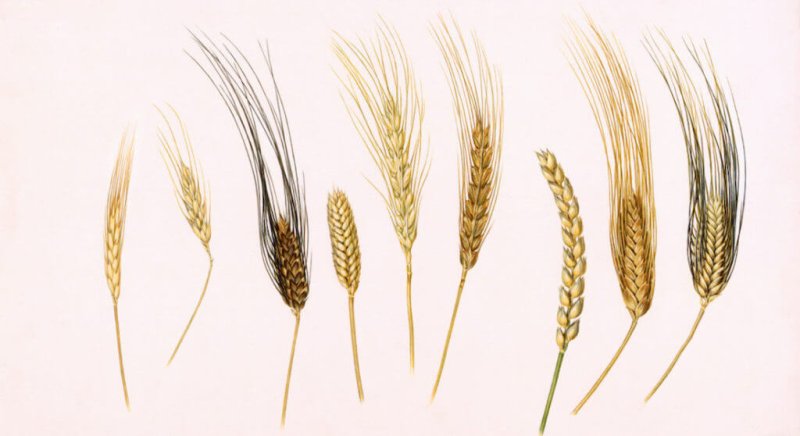Over the past four years, [researcher Laura] Dietrich has discovered that the people who built [the world’s oldest temple discovered] were fuelled by vat-fulls of porridge and stew, made from grain that the ancient residents had ground and processed on an almost industrial scale. The clues from Göbekli Tepe reveal that ancient humans relied on grains much earlier than was previously thought — even before there is evidence that these plants were domesticated.
The researchers are using a wide range of techniques — from examining microscopic marks on ancient tools to analysing DNA residues inside pots. Some investigators are even experimentally recreating 12,000-year-old meals using methods from that time.
…
Taken together, these discoveries shred the long-standing idea that early people subsisted mainly on meat — a view that has fuelled support for the palaeo diet, popular in the United States and elsewhere, which recommends avoiding grains and other starches.
The new work fills a big hole in the understanding of the types of food that made up ancient diets. “We’re reaching a critical mass of material to realize there’s a new category we’ve been missing,” says [archaeobotanist] Dorian Fuller.































